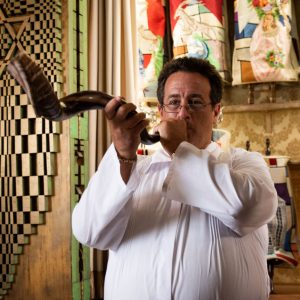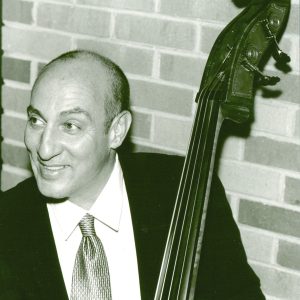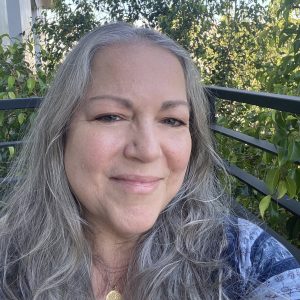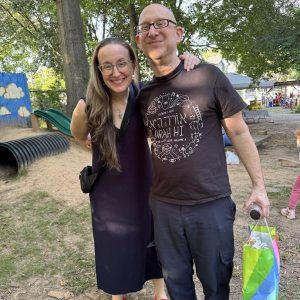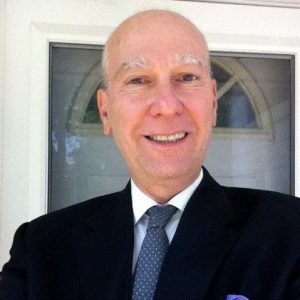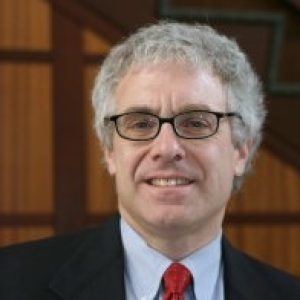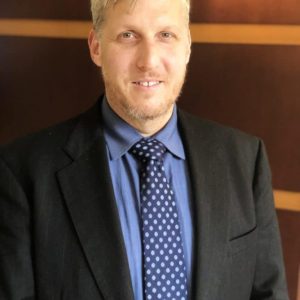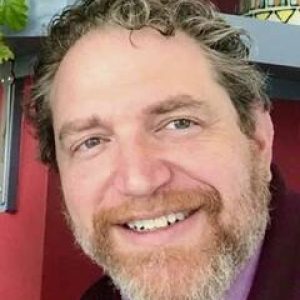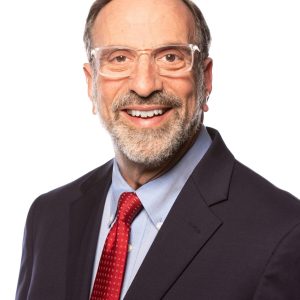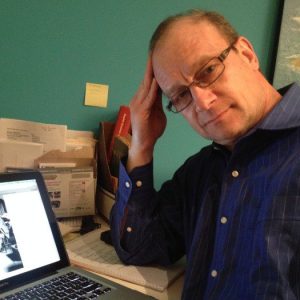Devarim (Shabbat Hazon) 5780
He Bent the Arc
In the first chapter of Deuteronomy, the fifth of the Five Books of Moses that we begin reading this Shabbat, Moses praises Caleb for his courage and his faith. Forty years earlier he was one of the twelve men dispatched by Moses to scout out the Promised Land. Ten of the twelve lauded the beauty and fertility of the land but bemoaned that the imposing Canaanite cities and its well-trained warriors would be impossible to overcome. The report sparked a rebellion against Moses and God.
Caleb undaunted by the mass hysteria silenced the people with the assurance, "Have no fear of the people of the country for the Lord is with us." The agitated community would have pelted him with stones had not the presence of the Lord made itself felt.
The rebellion sealed the fate of the generation of the Exodus. Other than Caleb and Joshua all over twenty years of age would perish during a forty-year trek in the desert; the children and grandchildren would cross the Jordan into Canaan. Forty years had passed, and Moses, prior to his own departure from the scene, recounts with admiration Caleb's bravery in confronting the mob and assuring them that with God's help they would prevail.
For Moses, Caleb was a profile in courage. His faith in God and in the destiny of the people fired his courage. Regrettably, his peers were not so blessed.
I first met John Lewis in 1986 when he was the underdog candidate for Congress. We met for a morning cup of coffee, and I was impressed by his candor and humility. His leadership role in the civil rights movement was well known, and he was widely respected as a champion for human rights issues.
He narrowly won that election and served in Congress for over 30 years until his recent death. He quickly became the conscience of the Congress and was well not only a voice for justice for the African-American community. He spoke up on behalf of Soviet jury and for the State of Israel.
Some years ago, the Congregation had a one day mission to visit the National Holocaust Museum in DC. I contacted John Lewis and invited him to meet with us in the Museum's rotunda. He graciously accepted and spoke with great sensitivity about the Holocaust and the challenge of quashing evil before it takes permanent root. He ended with the affirmation of "Never Again." We sensed had there been individuals with John's passion for justice and with his courage to speak truth to power the Third Reich might not have taken root in Germany.
I had the honor introducing him at a Rabbinical Assembly convention in Atlanta. He was enthusiastically received by my colleagues for his unyielding opposition to prejudice based on religion, color, or ethnicity.
I was present at the Governor's mansion to celebrate the publication of his biography, Walking With The Wind. In his talk, John reflected on the time that he applied for a library card in Alabama was turned down When he grew up the government was all too often an enemy of the people of color. His presence at the mansion of the Governor of a historic Southern State was significant, but there was still a long road ahead in the ongoing challenge of bending the arc of history toward justice.
It's an American story. This son of a sharecropper in rural Alabama rose to be a leader in national and state government. Yet he never backed away from his deep-seated commitment to speak truth to power. He was rightly called the conscience of the Congress; more appropriately, he was the conscience of so many of us. This modern-day Caleb awakened every morning to begin a new day to continue his life work of "bending the arc of history toward justice."
Completing this task is more than a forty-year trek. It's an ongoing mission to arrive at the day when "Justice shall well up as waters and righteousness as a mighty stream." (Amos 5:24) May he rest in peace.
—
From the holy city of Jerusalem my best wishes for a Shabbat Shalom u'Mevorach, a Shabbat of peace and of blessing.
Rabbi Arnold M. Goodman
Senior Rabbinic Scholar
*The haftara or prophetic selection on the Shabbat before Tisha b'Av is the first chapter of Isaiah that begins with the words Hazon Yeshayahu, the vision of Isaiah.(Hence the designated name of Shabbat Hazon.) In this chapter the prophet mourns that the faithful city (Jerusalem) that once was "filled with justice and where righteousness dwelt… they (now) do not judge he case of the orphan and the widow's cause never reaches them." This powerful chapter is a fitting the segue into the annual Black Fast that this year begins on Wednesday night.















